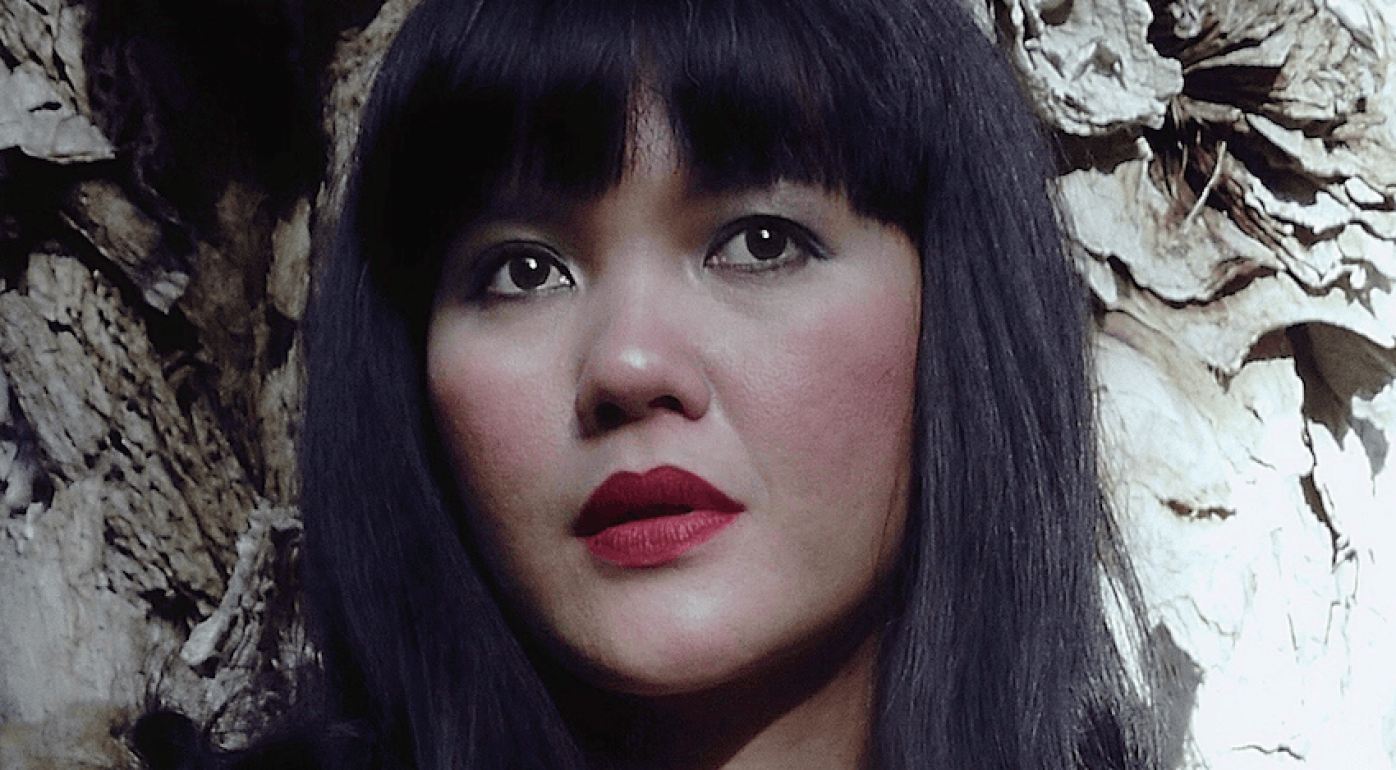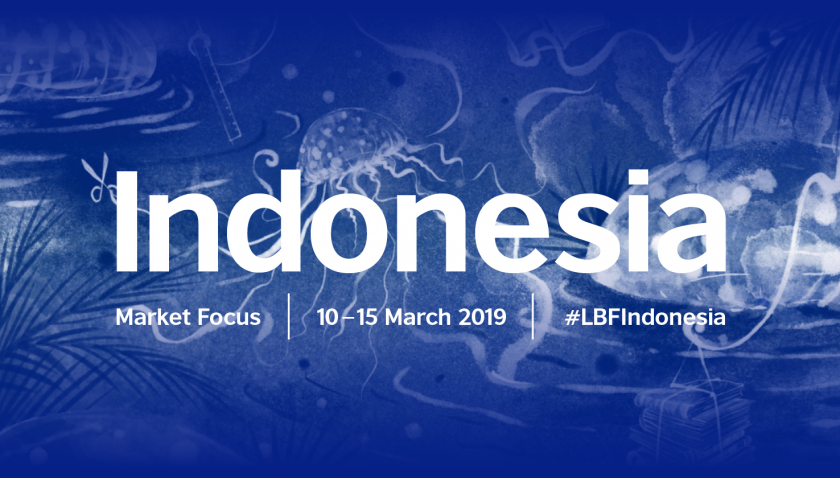Intan Paramaditha will be appearing alongside Syd Moore to discuss re-writing old stories and myths with a contemporary, feminist slant at the Essex Book Festival on 15 March 2019 at 19.00. Find out more and book tickets here.
What’s exciting about Indonesian literature at the moment, and which Indonesian writers would you recommend/do you admire?
I love the works of my co-authors in the horror anthology The Devil’s Slaves Club, Eka Kurniawan and Ugoran Prasad, perhaps because like me, they tend to write dark and weird stories. We are now preparing for The Devil’s Slaves Club 2, where we’ve invited writers we love to contribute stories, including Clara Ng, Norman Erikson Pasaribu, and Seno Gumira Ajidarma. These last three will be at The London Book Fair this year. While all of the authors participating in LBF will give you some good introduction to Indonesian literature, there are many other authors to watch. Poetry is big in Indonesia, and I would recommend Sapardi Djoko Damono, Cyntha Hariadi, and Gratiagusti Chananya Rompas.
Only a few works such as Eka Kurniawan’s have been translated into English, and this is a pity because Indonesian literature is very diverse and dynamic, with a lot of tension and contradictions to explore. Right now what’s exciting for me is to hear more stories that highlight minority perspectives including the everyday lives of the Chinese communities, written by authors like Clara and Cyntha, or communities in Eastern Indonesia, as in the works of Dicky Senda, Erni Aladjai, and Lily Yulianti Farid.
You’ve said before that you write about disobedient women in your stories, could you say a little more about what you mean by disobedient here?
Disobedient women refuse confinement and definitions imposed on them by structures of patriarchy. Such structures are complexly layered, and they include family, tradition, capitalism, and religious institutions. Disobedience is an act of resistance. Resistance itself can take many forms because it is shaped by specific social, economic, and cultural conditions. Some of us are privileged with platforms to articulate our resistance, through writing, organizing, or even navigating office politics. For some others, resistance can be very different. They might find tactics that are subtle and almost invisible, or they might choose chaos because order fails them. Disobedience is about unruliness and disruption. I am interested in the conditions that cause women to disobey, to make trouble, and become monsters. Apple and Knife is an ode to monstrous women.
Are there any writers who have particularly influenced or inspired your own writing?
I was influenced mostly by women writers such as Mary Shelley, Margaret Atwood, Anne Sexton, and Toeti Heraty, all of whom wrote about monsters. In my early 20s I devoted my time to reading Arundhati Roy, Jhumpa Lahiri, and Ayu Utami. I also learned from Edgar Allan Poe, Shakespeare, Tennessee Williams, and Budi Darma.
In the past few years I have been trying to read more contemporary women writers. I was excited to discover Samanta Schweblin, Sharlene Teo, Han Yujoo, Tiffany Tsao, and Jenny Zhang.
Your work is inspired by horror, myth and fairytale, how do you engage with and adapt these genres?
I often work with urban legends, Western and Indonesian fairytales, and stories from the Quran and the Bible because they are reproduced over and over, and many stories are ideologically problematic. Women do not have many options but to seek happiness in a heteronormative relationship, or be punished for their ambition, jealousy, desire. Women must fit into ill-fitting shoes, and even when they try really hard to do so, they will discover that they are easily replaced and disposed of. Fairytale narratives are alive and well, and thus I am interested in reframing them in the contemporary setting. I view rewriting as a feminist strategy.
I love many books and films that could easily fall into the horror genre, but I also see horror as a mode that can travel across forms and genres. In producing fear, shock, and disgust, the horror mode disrupts our assumptions of what is acceptable or normal. This is the political potential of horror, but of course it is important not to idealize horror because it can also be a tool to voice conservative values. Think about horror films that cater to the male gaze by exploiting sexually provoking women – who often die sooner than other characters. In Apple and Knife I use horror as a way to question what we consider ugly, terrible, and what we want to exclude and erase.
Alongside your writing and academic work, you’re involved in various activist projects that support other women artists in Indonesia, could you tell us about some of these?
I would call these projects ‘cultural activism’ because they are grounded in culture as a means to create political intervention. Currently I am involved in two projects. The first one is Cipta Media Ekspresi, which started as a grant funded by Ford Foundation for women creators in the arts including performance, literature, theatre, visual arts, and music. I was a jury member for this grant last year, and all of us on the committee didn’t want to stop there. The project has now developed in exciting ways with mentorships and workshops to discuss feminist methodology and practice. We also try to connect women artists and activists from different parts of Indonesia to strengthen the network.
The second project is a workshop on literary and film criticism called “Period” with Lily Yulianti Farid, writer and director of Makassar International Writers Festival. We are concerned with the lack of women’s voices in literary and film criticism. The literary scene in particular is still very male-centered with male decision makers, male-dominated communities, and ‘all-male panel’ events. Despite the high visibility of some prominent women writers, women’s works in general are often not being taken seriously. Therefore we organize workshops with all-female experts and curate a list of books and films, all by and about women and minority groups, for discussion. We emphasize feminist perspectives and the awareness of power relations and cultural marginalization as essential elements of what constitutes ethical criticism.
Intan Paramaditha's short story collection Apple and Knife was published by Harvill Secker in December 2018.


